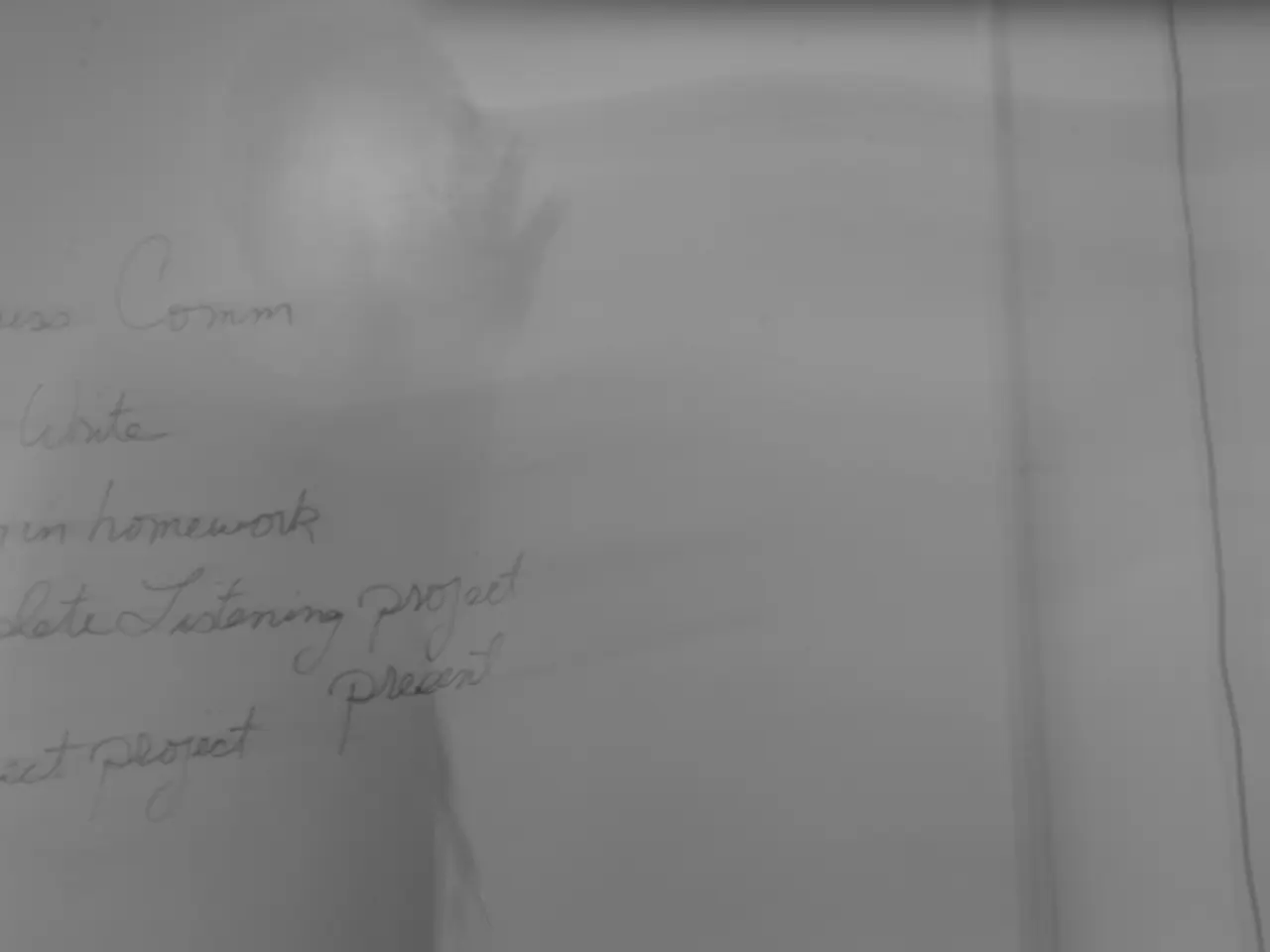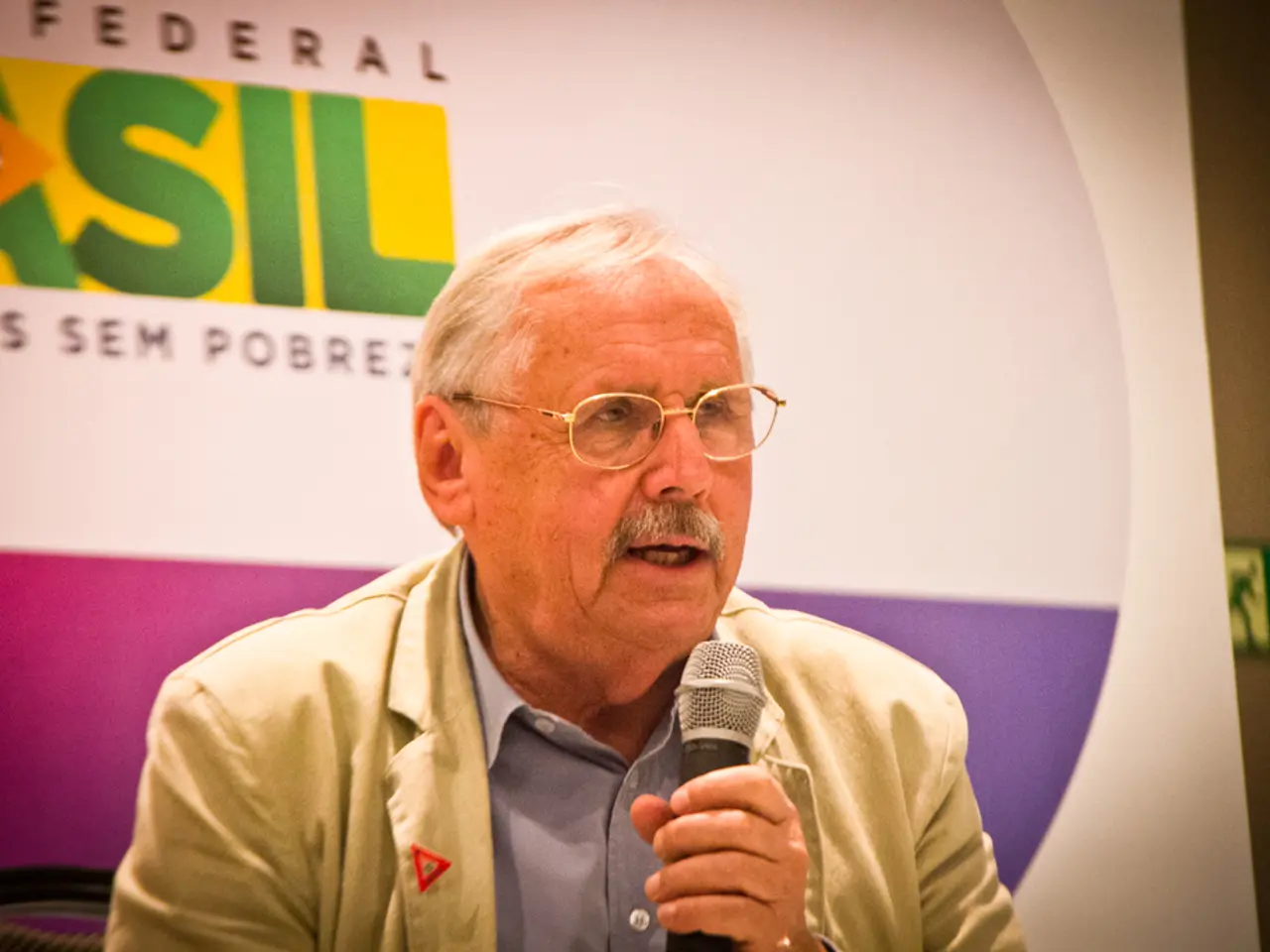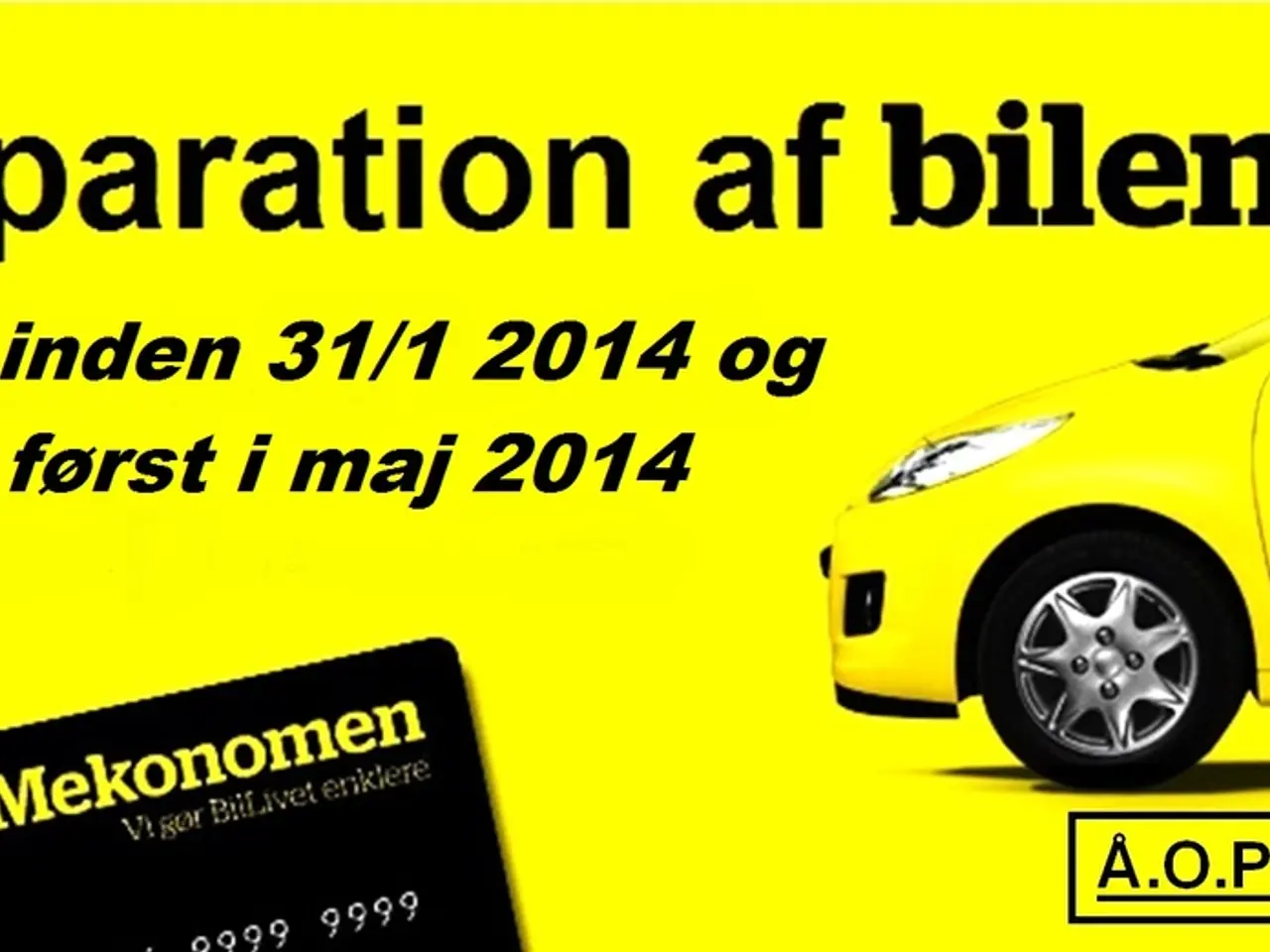Preparing for a Discussion with Putin: Addressing the Pointed Questions He Posed
In a recent statement, Russian President Vladimir Putin brought up several points about a potential 30-day ceasefire that's got everyone talking. Instead of acknowledging his concerns, though, Western media and global leaders have passed on Putin's questions or dismissed them as manipulative moves. Let's delve deeper into Putin's questions and flip the script on the negotiation process:
1. Focus on who Putin wants to discuss with, not just what he's asking:
When Putin asks questions about the impact of the ceasefire on Russia's western Kursk region and Ukraine's rearming, it's natural to focus on those concerns. Yet, concentrating solely on what he's asking might not be the most effective strategy. Instead, consider who Putin wants to discuss these questions with.
Putin made it clear he wants to address those questions with the "American colleagues and partners." This raises questions such as:
- Why does Putin choose these partners instead of, say, NATO, Europe, or Ukraine?
- When will the discussions take place, and did Putin have prior talks with Trump about this?
- Is the choice of location significant, and would the discussions more likely happen on Russian, European, or American soil?
Understanding the answers to these "who" questions could give you crucial insights into what Putin is willing and unwilling to negotiate about.
2. Everyone should be asking questions with Putin:
Economist and professor Jeffrey Sachs encouraged European leaders to negotiate directly with Russia because he believes the United States would lose interest quickly. According to Sachs, securing the Baltic states is essential, and the best approach is to avoid provocations towards Russia. Putin's "neighbors" should therefore:
- Focus on who they discuss their concerns with, the same as Putin.
- Understand why they choose one partner over another.
- Plan when the negotiations will take place.
- Consider the importance of the location of the discussions.
Asking and answering these questions could help establish a stronger foundation for productive talks.

3. Is Putin's 'yes but' response a step towards shared responsibility?:
Putin hasn't offered a straightforward 'yes' or 'no' in response to the ceasefire proposal, but it's still premature to label his response as a stalling tactic. Maybe Putin is open to question-and-answer exchanges that could move the negotiations forward.
By taking a proactive approach, we can take responsibility for our shared future by:
- Being open to exploring questions we need to address.
- Asking our own questions when necessary.
- Moving beyond quick 'yes/no' replies to find common ground.
Applying these steps could help set the stage for more productive discussions and not just say 'yes' or 'no' to Putin's terms.
Root Causes of the Conflict:
The on-going conflict between Russia and Ukraine has deep roots in historical, cultural, and geopolitical factors. Some of these factors include historical ties, geopolitical interests, Russian grievances, and previous conflicts13.
Impact of Putin's Ceasefire Proposal on International Negotiations:
Putin's ceasefire proposal has presented significant challenges to international negotiations due to the numerous conditions he has placed on any potential ceasefire2. These conditions make it challenging to find common ground for a lasting peace, as they demand substantial concessions from Ukraine and its allies, potentially compromising Ukraine's sovereignty and territorial integrity4.
- In light of Putin's interest to discuss the ceasefire impact on Russia's western Kursk region and Ukraine's rearming with "American colleagues and partners," it is essential to discern why Putin prefers these specific partners over involvement from NATO, Europe, or Ukraine.
- European leaders, following the advice of economist and professor Jeffrey Sachs, should emulate Putin's approach by focusing on who they discuss their concerns with, considering why they choose one partner over another, planning when the negotiations will take place, and pondering the importance of the location of the discussions to establish a stronger foundation for productive talks.
- Rather than viewing Putin's non-committal response to the ceasefire proposal as a stalling tactic, it is worth exploring the possibility that he is open to continuing question-and-answer exchanges that could facilitate shared responsibility in finding common ground for lasting peace.





